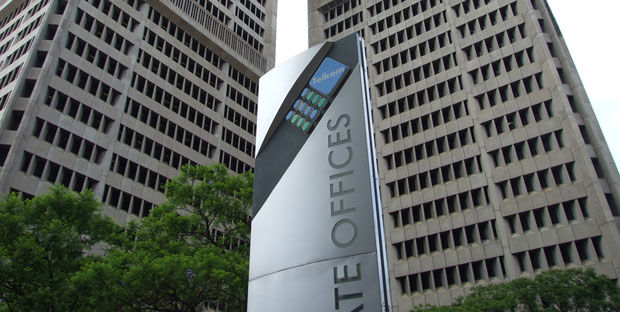
International credit agency Moody’s this week cut its ratings outlook for JSE-listed fixed-line telecommunications operator Telkom. This followed the agency’s downgrading of SA’s government bond rating last week. The move is likely to make it more difficult for Telkom to raise debt, at least at interest rates it would prefer, and increase investor wariness.
Reuters reported on Tuesday that the government bond cut, and the subsequent cut to Telkom, were based on Moody’s “worries about the negative investment climate” in SA, from “creaking infrastructure to concerns about future political stability”.
Irnest Kaplan of Kaplan Equity Analysts says that, generally speaking, if a company is downgraded it means new debt will be more difficult to get and will be more costly. “In this case, Telkom’s only been moved down one notch so it may not prove to be that material.”
As for the ability to raise new debt, Kaplan says the Moody’s decision shouldn’t have too much of an impact because some investors favour the higher yields on lower-rated bonds and a downgrade won’t put them off and may in fact do the reverse. He says if a company can still service its debt then there will be willing investors.
Kaplan says Telkom has suffered a number of downgrades in recent years and he isn’t surprised the share price has barely moved in the wake of the announcement from Moody’s. Telkom was last trading at R17,72/share. The counter has lost 3,3% over the past seven days.
“What it really points to is what going on behind the scenes at Telkom,” Kaplan says. “Moody’s wouldn’t downgrade it if the company was thought to be doing well. This speaks to some of the challenges facing Telkom.”
A top-rated analyst, who can’t be named because of company policies, says the downgrade could affect Telkom’s ability to raise debt, particularly in light of difficulties it experienced in raising debt at the end of last year.
“Telkom had trouble raising debt capital in the institutional markets at the rates it was looking for,” the analyst says. Investors had expected higher rates than those Telkom was offering and, consequently, the operator’s debt-raising road show was cut short and, with two subsequent downgrades since then, he suggests raising debt isn’t going to get easier.
Telkom, in which the state holds a direct 39,8% stake, essentially needs investors that are happy lending to a government body without a government guarantee, the analyst adds. “Funders have to ask if Telkom’s business is being run for profit or social objectives. It’s going to be tough to entice investors without offering substantially higher interest rates.”
The downgrade puts more pressure on Telkom because, the analyst says, it is not behaving like a typical corporate entity. He compares Telkom to retailer Edcon, which was highly indebted and was losing market share. Edcon was able to issue junk bonds in 2011 because there was a market for that debt. “But it’s also because Edcon is wholly controlled by private investors and is thus making rational economic decisions.” — (c) 2012 NewsCentral Media




